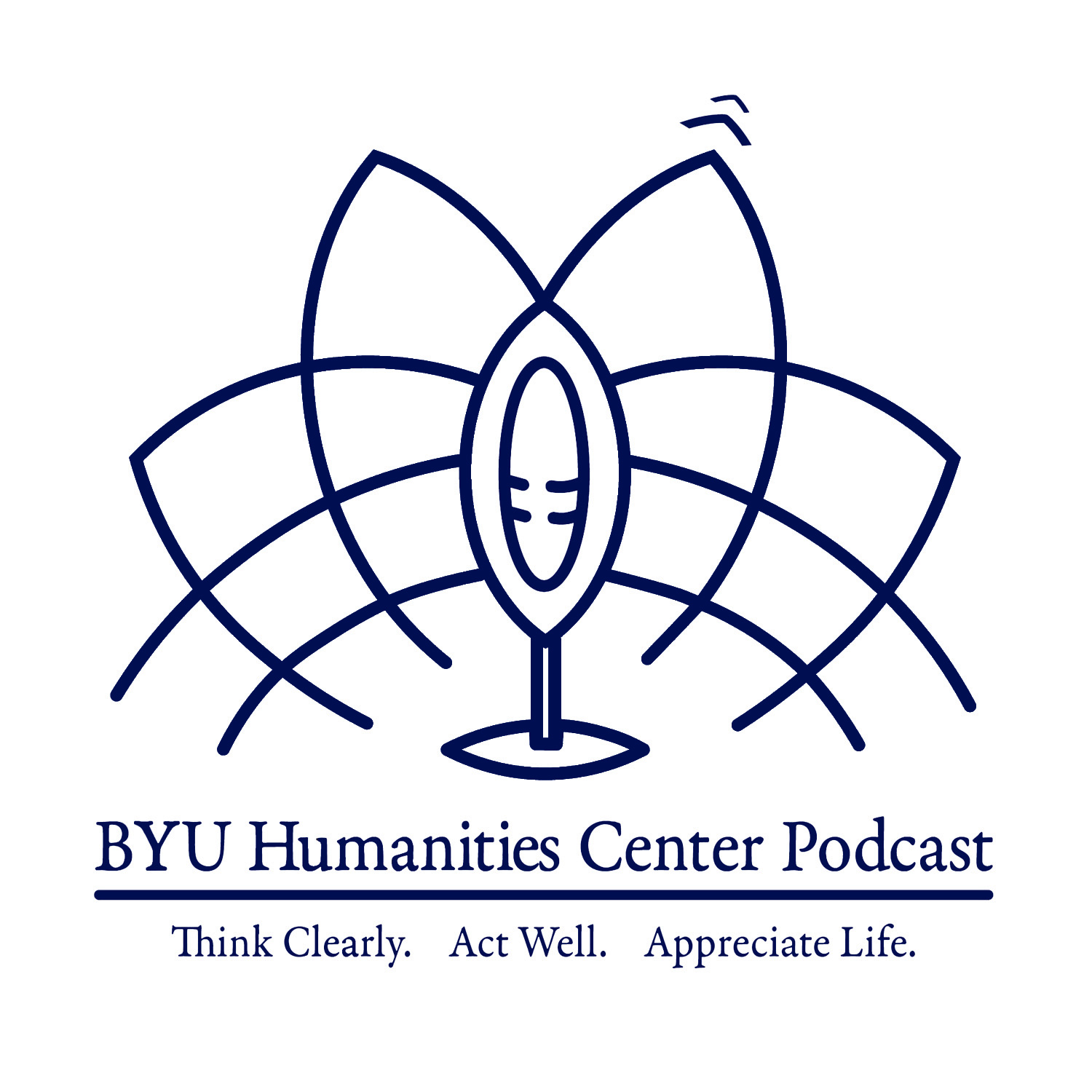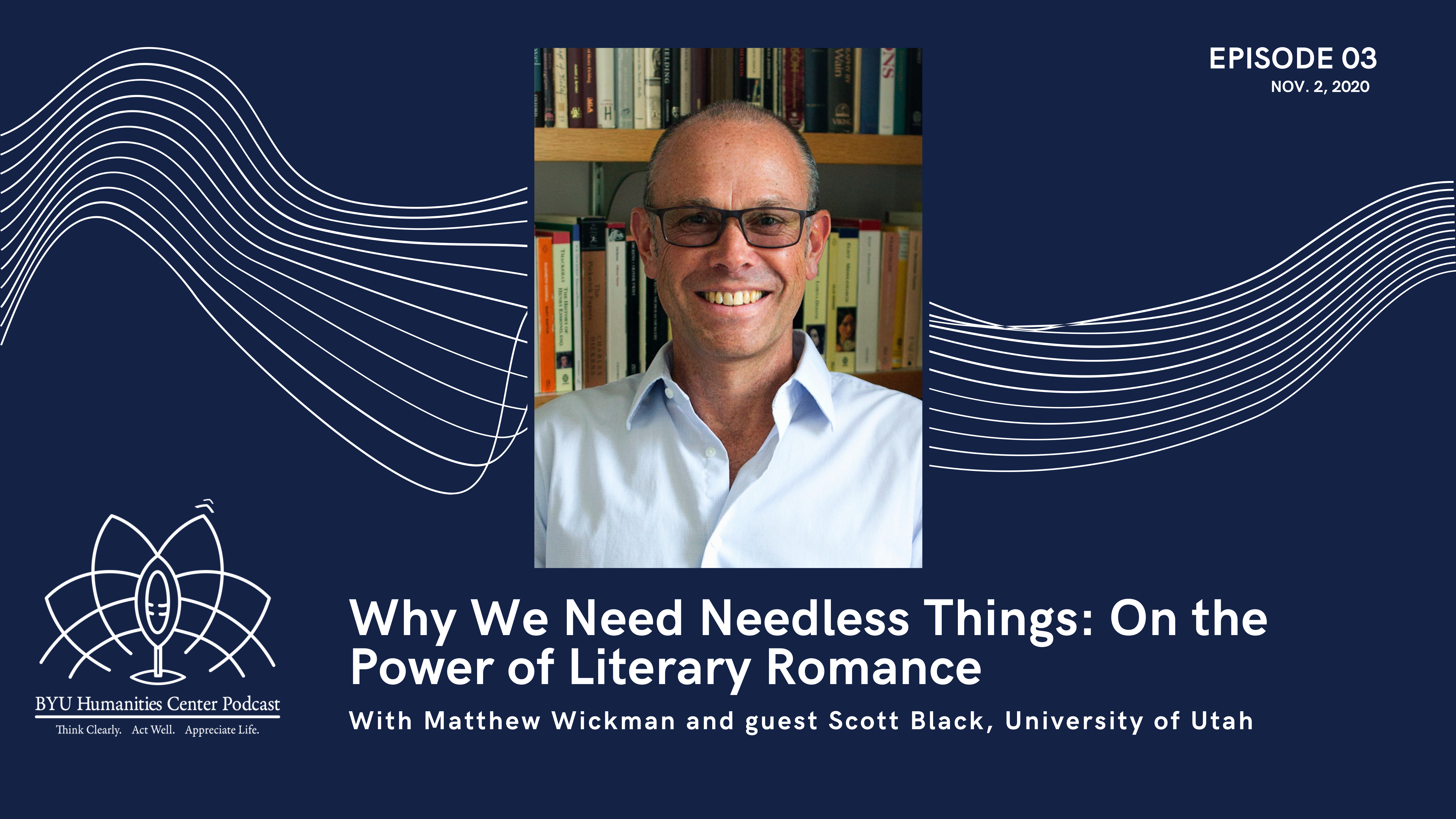Contemplative studies is an emerging interdisciplinary field in universities. It explores the intersection of what we learn with how we learn, asserting that minds that are aware of their own processes, minds that take a contemplative approach toward learning, not only digest facts but also undergo transformative experiences. In most universities, contemplative study fuses brain science with techniques of Eastern meditation, often inspired by Buddhism. Our guest is Jacob Sherman, a professor of philosophy and religion and chair of the Philosophy, Cosmology and Consciousness Program at the California Institute of Integral Studies. Sherman is the author of an article titled “On the Emerging Field of Contemplative Studies and its Relationship to the Study of Spirituality” which was published in the volume The Soul of Higher Education, edited by Margaret Benefiel and Bo Karen Lee. What does Sherman like about contemplative studies, what worries him, and what’s missing?
Interview by Matthew Wickman, Founding Director, BYU Humanities Center.
Produced and Edited by Brooke Browne and Sam Jacob.

Hello listeners, we wanted to let you all know of a new podcast series from the Center coming this Monday, January 25th 2021, called...

Scotland is a small nation that has exerted an outsized influence on the modern world, an influence ranging from politics and economics, to university...

What is literature? For much of western history, the word simply designated “educated writing” or “discourse,” a meaning it still retains. However, since the...